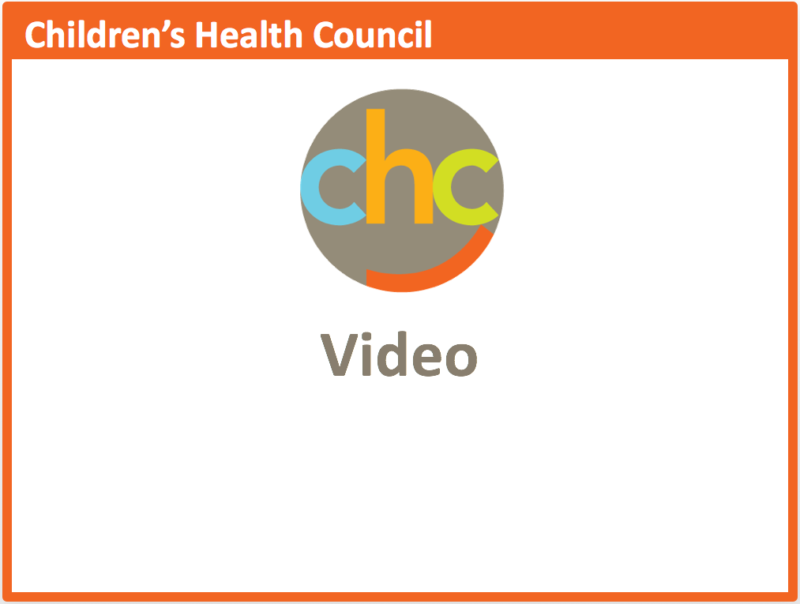
by Cindy Lopez, Director of Community Engagement Is your child struggling with the same behavior challenges in school without making progress? Does he or she have ADHD-like symptoms? Read more >>
Request an Appointment
English: 650.688.3625
Medi-Cal: 650.688.3650

by Cindy Lopez, Director of Community Engagement Is your child struggling with the same behavior challenges in school without making progress? Does he or she have ADHD-like symptoms? Read more >>

Helping Kids with ADHD Symptoms: More Tools for Focus, e.g., Planner
A planner can make a big difference for a child with ADHD symptoms. Watch this video for tips on how to use this invaluable tool. Read more >>

Helping Kids With ADHD Symptoms: Getting the Disorganized Backpack Organized
Organization is key, especially for a child with ADHD symptoms. This video offers some helpful techniques for organizing your child’s catch-all backpack. Read more >>

Helping Kids with ADHD Symptoms: Handling a Reading Assignment
How can you help your child break a reading assignment into manageable tasks? Watch this video for guidance. Read more >>

Helping Kids with ADHD Symptoms: Providing Tools for Focus
This video explores how to create structure, such as a schedule or task list, to enable your child to focus. Read more >>

Helping Kids with ADHD Symptoms: A Learning Model & Success Strategies
This video explores the ways in which you can create structure and adapt your environment to help your child succeed. Read more >>

Helping Kids with ADHD Symptoms: Developing Skills & Habits
How can use to help your child develop the skills and habits she needs to be successful? Learn some proven strategies in this video. Read more >>

Suicide & Depression & Learning Problems
Is depression interfering with learning and school performance, or are school performance and learning issues causing depression? Watch this video to learn Read more >>

Helping Kids with ADHD Symptoms: Perspective
Learn more about how difficulties with planning and organization impact your child’s life and how you can help. Read more >>
English: 650.326.5530 | Español: 650.688.3650 | Fax: 650.688.3669
English: 650.326.5530
Español: 650.688.3650
Fax: 650.688.3669
English: 650.668.3625 | Español: 650.688.3650 | careteam@testing.chconline.org
English: 650.668.3625
Español: 650.688.3650
careteam@testing.chconline.org
© 2024 Children’s Health Council. All rights reserved.
CHC Palo Alto: 650 Clark Way, Palo Alto, CA 94304 | 650.326.5530
CHC South Bay: 2280 Kenwood Avenue, San Jose, CA 95128 | 408.831.7512
CHC Ravenswood: 1765 E Bayshore Rd, East Palo Alto, CA 94303 | 650.702.2487
CHC Palo Alto:
650 Clark Way, Palo Alto, CA 94304
650.326.5530
CHC South Bay:
2280 Kenwood Avenue, San Jose, CA 95128
408.831.7512
CHC Ravenswood:
1765 E Bayshore Rd, East Palo Alto, CA 94303
650.702.2487